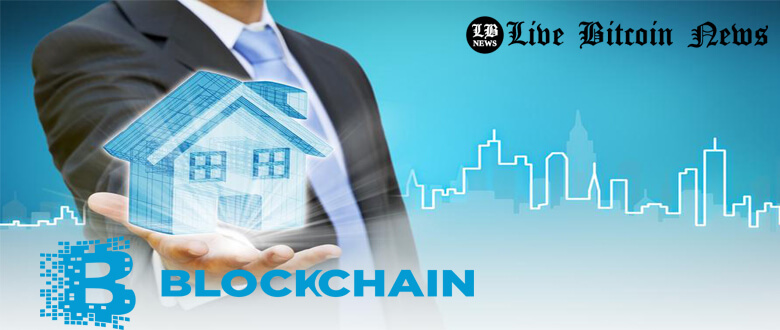Just like the internet rendered it possible to send information, seamlessly, inexpensively and paperlessly without the need for any form of intermediaries, the blockchain technology is currently offering us the same advantages for monetary transactions and transfer of value. The applications of the blockchain technology are just beginning to unfold. When considering real estate transactions, the blockchain technology can offer 4 advantages; disintermediation, fraud prevention, offering “Money 2.0” and smart contracts.
Disintermediation:
Transactions in the real estate sector can be relatively cumbersome, time consuming and considerably expensive, namely due to intermediaries, or third parties; in the United States, these can include government databases, brokers, insurance companies, escrow services, appraisers, inspectors and notaries. Having to pay multiple intermediaries and awaiting their responses can yield much frustration throughout real estate transactions.
The blockchain can hold the solution to all these problems. The blockchain can assign every property a unique digital address, that includes finance, occupancy, building style, legal info, and physical attributes. This will also include all historical transactions of a property. Data will be available online and amenable to correlation with all other properties, anywhere across the globe. Speed of transactions will be shortened from days or even months, to hours or minutes.
Fraud Prevention:
Fraud related to real estate transactions can occur at multiple market levels, and usually takes place via forging documents including IDs, bank statements and/or deeds. The blockchain technology can offer a totally incorruptible resource, where the sender and receiver of funds are logged , and the digital certificates of ownership of properties are recorded infinitely. The blockchain will render fake ownership documents an impossibility.
Unique, blockchain based, digital certificates of ownership are almost impossible to counterfeit and would be directly linked to a single property on the system, rendering selling properties that one doesn’t own, an impossible thing to occur.
Money 2.0:
Money 2.0 is a novel currency concept that is innovated to replace the current monetary system, which is monopolized by central banks, which represent the only authorities that can create, or mint, money. Money 2.0 means that anyone can mint money. When considering real estate transactions, Money 2.0 will liberate the real estate market from the monopoly of governments, which will greatly reduce the taxes imposed by them on various real estate transactions.
Smart Contracts:
Smart contracts are blockchain based computer contracts that are designed to verify, facilitate or enforce the performance or negotiation of contracts. Real estate transactions will benefit greatly from smart contracts, minimizing the fees paid to attorneys for creation and guaranteeing execution of real estate deals.
Conclusion:
Just like the blockchain revolutionized the global monetary system, it has the potential to totally transform the real estate market. Via disintermediation, smart contracts, money 2.0 and prevention of fraud, the blockchain technology represents the ideal solution that can mitigate the current problems facing the global real estate market.



